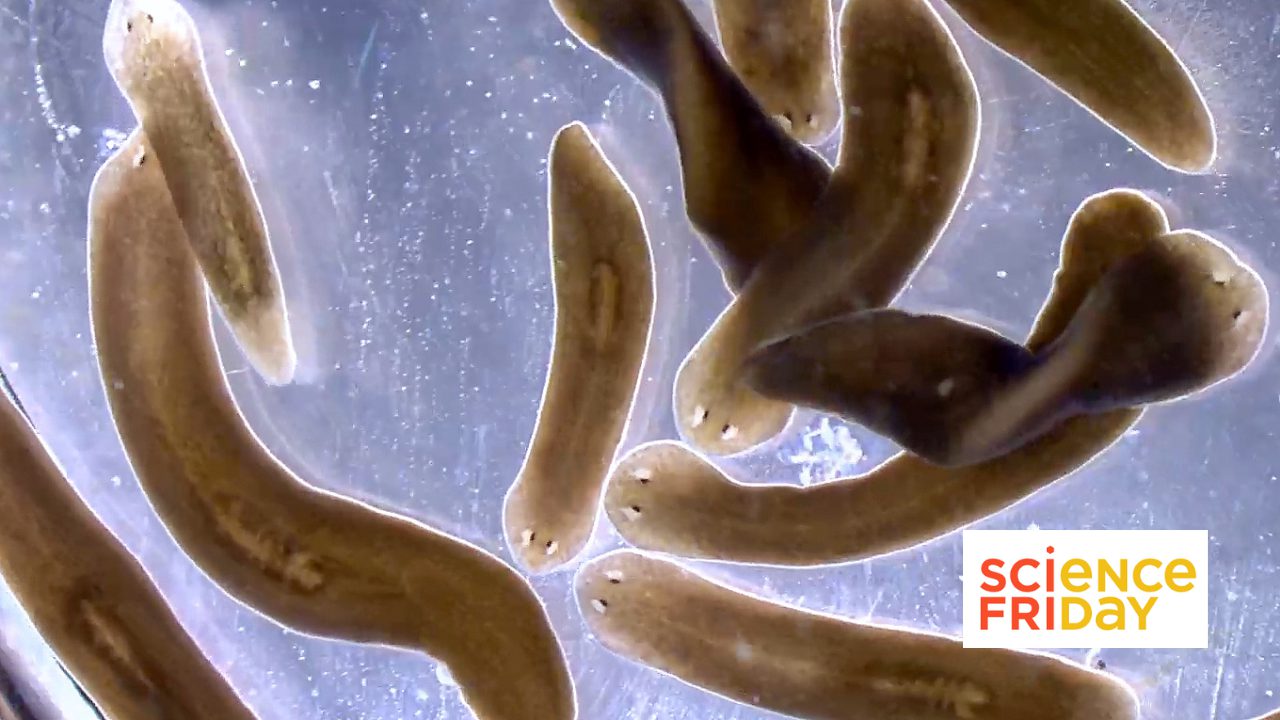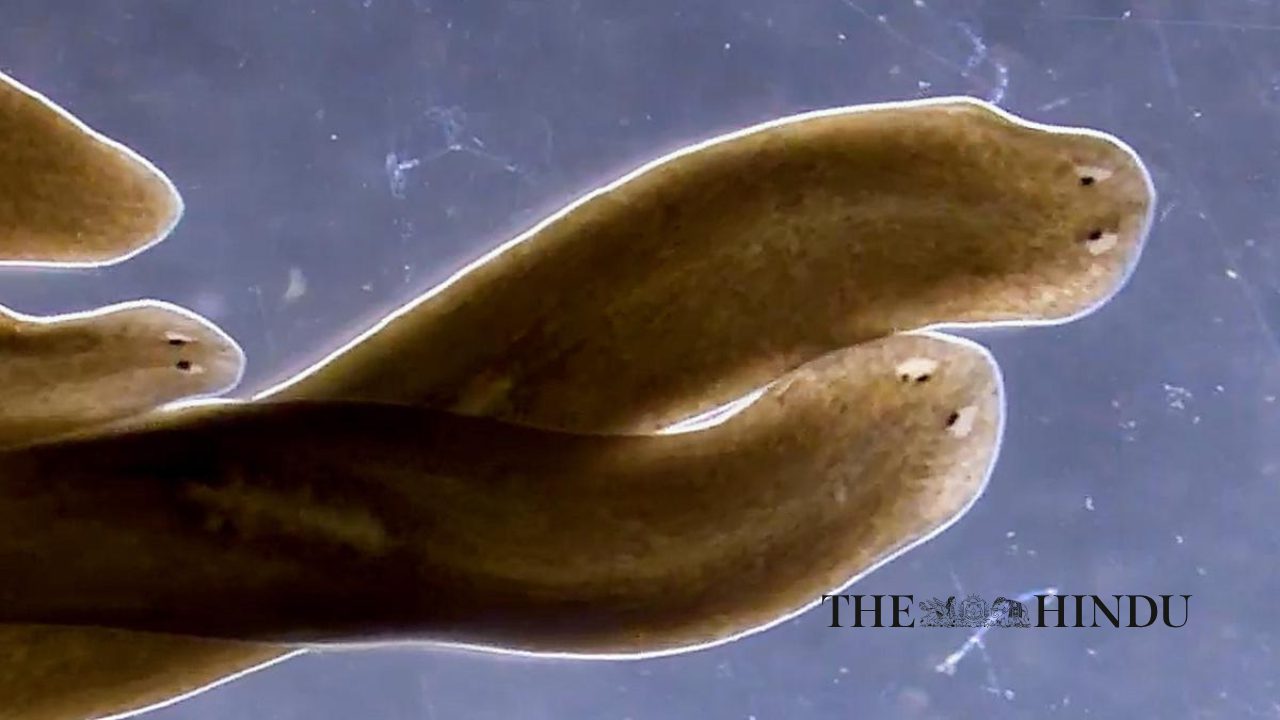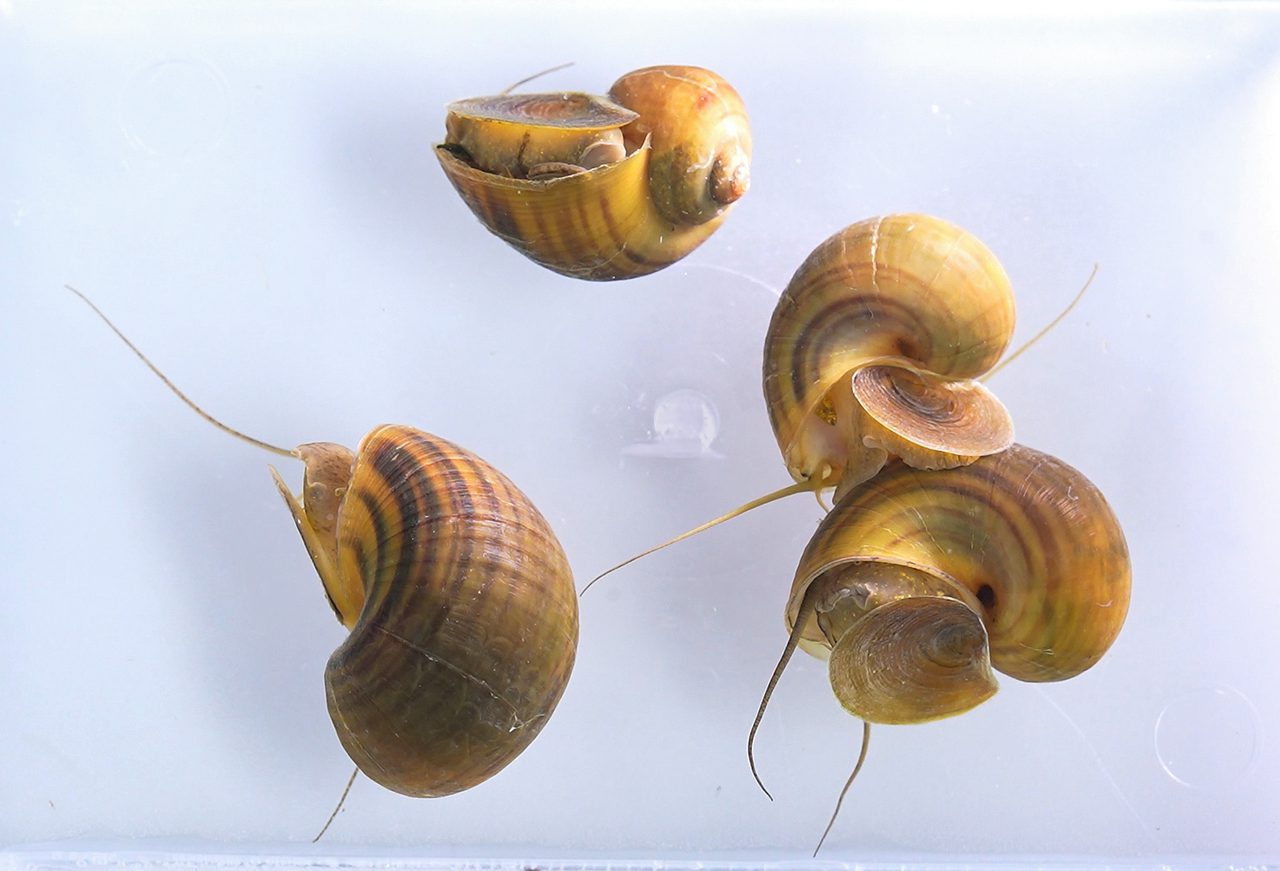Jasmin Camacho, Ph.D., a biologist and postdoctoral research associate at the Stowers Institute for Medical Research, appeared on the University of Kansas Health System’s Morning Medical Update to discuss her work studying bats in the lab of Associate Investigator Nicolas Rohner, Ph.D., and the impact their research could have on bettering human health.
“I work in the Neotropics – Central America, South America, the Caribbean – and I love the Caribbean islands – I grew up in California, so I love beaches. The bats I study are in Trinidad, West Indies, Belize, Costa Rica, and many other places which is such a great benefit of what I study,” Camacho explained.
Camacho conducts field work in these areas and brings her findings back to the Stowers Institute to study the unique methods that bats use to adapt to a sugar-only diet.
“There are certain types of bats that are specialized in eating only sugar. There are fruit eating bats, but I what I specialize in are the nectar-eating bats. These are bats that go around and pollenate flowers and as a reward, they receive nectar. And nectar is composed of glucose, sucrose, and fructose. Three basic simple carbohydrates. And that’s all they will eat every day for their entire lives,” Camacho said.
The hope is that her findings could teach us more about metabolic disease in humans.
“What I’m trying to understand is how these bats are trying to thrive on just drinking sugar all the time, because personally, I love to eat sweets, and we know that’s really something we should be doing in moderation. But these bats don’t do that. That’s all they eat. So, I’m looking into how they can protect their own bodies and how they are resilient against all the nasty byproducts of eating a lot of sugar,” she told the Morning Medical Update panel.
The Rohner Lab at the Stowers Institute also studies metabolic adaptations in cavefish, but Camacho’s studies focus on bats because of their fascinating similarities to humans. Camacho, who was named a 2022 STAT Wunderkind, said that studying bats is helpful because like humans, they are mammals, and have similarities to our own biology.
“I think when it comes to humans, we look to bats for understanding their own biology. Because they’re mammals, they have similar biological processes that we do, but they take it to extremes. And the best example we have of that is that they can fly,” Camacho said. “They have hands, and we have hands, but they’ve modified them to take to the night sky. I think similarly we can look to their metabolic adaptations to understand how we could potentially one day do the same, while thriving on extremes…eating what we want to eat while not modifying our day-to-day activity,” she continued.
Watch the video above to hear more of their discussion. Learn more about the work happening in the Rohner Lab here.



